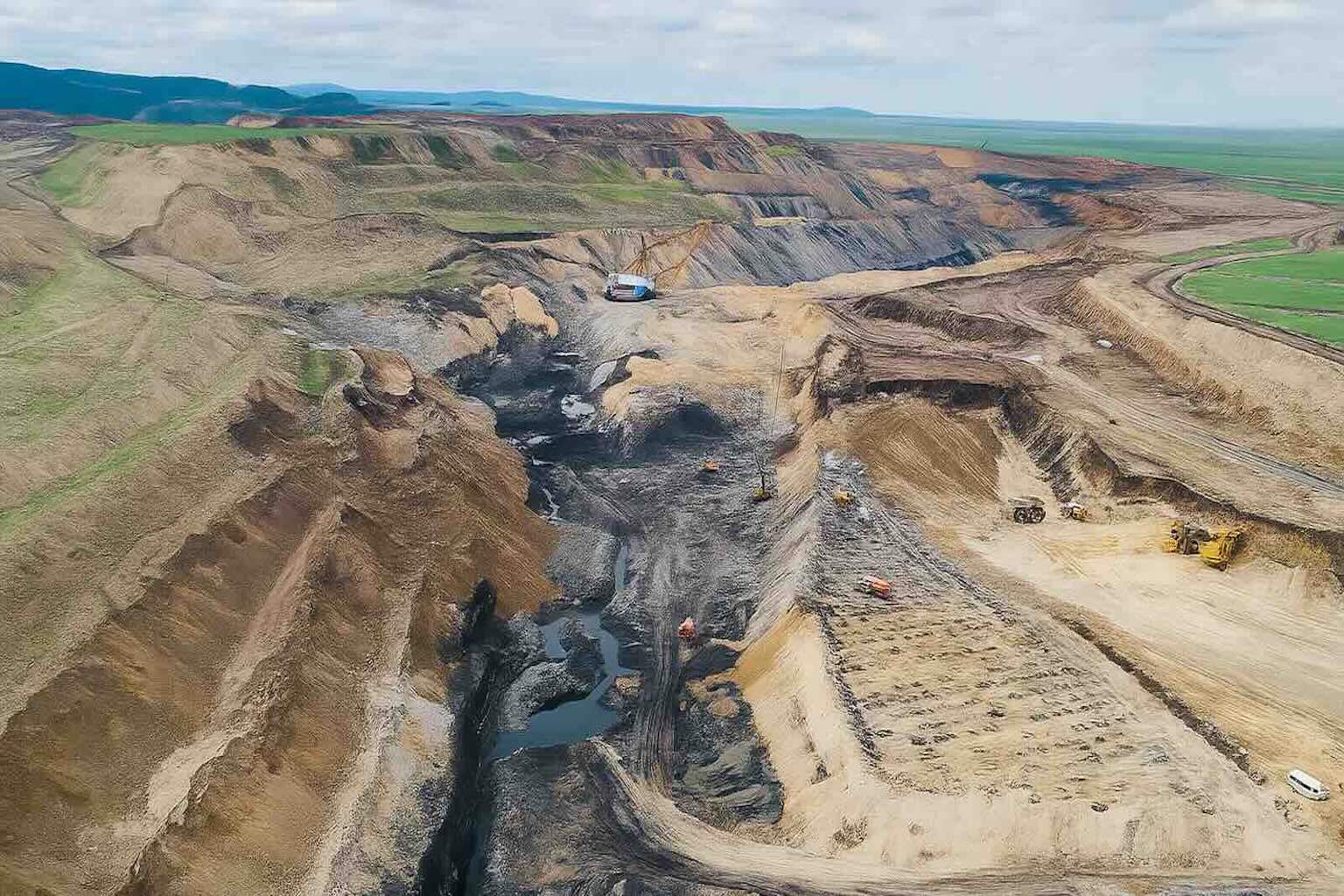Deep within the rugged hills of Inner Mongolia, Chinese scientists have unearthed something that could reshape the global energy landscape. In the Bayan Obo mining region, researchers have identified an estimated one million tons of thorium—a rare-earth element that could revolutionize nuclear power.
This isn’t just another mineral discovery. Experts suggest this single deposit could supply China’s energy needs for up to 60,000 years, while offering the world a safer, cleaner alternative to traditional nuclear fuels.
Why Thorium Could Be the Nuclear Fuel of the Future
Thorium is not new to science, but for decades it has remained in the shadow of uranium. That could be about to change.
Unlike uranium-235, which is directly fissile, thorium becomes a powerful nuclear fuel when it is converted into uranium-232 inside specially designed reactors. The advantages are striking:
-
Cleaner fuel cycle → Thorium produces far less toxic nuclear waste.
-
Faster decay → Its byproducts become safe in hundreds of years instead of thousands.
-
Abundance → Thorium is three to four times more common in Earth’s crust than uranium.
-
Safety → It is more stable to handle and less prone to catastrophic accidents.
This makes thorium reactors capable of generating energy more sustainably while reducing the environmental risks that have long haunted nuclear power.
As one Chinese geologist put it:
“The world has fought wars over oil. Yet thorium—clean, abundant, and powerful—has been beneath our feet all along.”
A $178 Billion Discovery With Global Implications
The economic value of this discovery is staggering. Analysts estimate that China’s thorium reserves are worth $178 billion, and more than 230 thorium-rich sites have already been identified across the country.
If surveys reveal more, China could soon hold the world’s largest thorium reserves—cementing its leadership in next-generation nuclear technology.
This find comes as part of a broader energy transformation. Alongside thorium, China is investing in massive solar projects, a new nuclear fusion research facility, and an aggressive push for energy independence. By combining solar, fusion, and thorium, Beijing is building a multi-layered strategy designed to secure long-term power while reducing reliance on fossil fuels.
Environmental Concerns Still Loom
No discovery is without its risks, and thorium mining is no exception. Like all forms of resource extraction, it raises environmental and public health concerns:
-
Dust and air pollution from mining operations
-
Risk of radioactive exposure for workers
-
Long-term waste management challenges
However, experts say thorium remains far less hazardous than uranium-based fuel cycles. With strict environmental protections and modern safety measures, thorium could represent the best-case scenario for scaling nuclear power without repeating the mistakes of the past.
The stakes are high: cleaner energy, reduced emissions, and enhanced sustainability. For a world desperate to cut carbon and fight climate change, thorium offers hope.
Could Thorium Change the World’s Energy Game?
If scaled successfully, thorium could rewrite the nuclear energy rulebook. Its lower toxicity, high efficiency, and immense abundance make it uniquely suited for the demands of the 21st century.
Chinese scientists are already designing thorium-specific reactors, hoping to demonstrate scalable models within the next decade. If they succeed, this could mark the start of a new nuclear era—one where energy independence and global cooperation replace fossil-fuel rivalries.
Imagine a future where nations no longer fight over oil pipelines, but instead collaborate to expand clean, safe thorium power. That vision, once science fiction, may now be within reach.
A Future Powered by Thorium
China’s discovery is more than a geological event—it’s a potential turning point in the world’s pursuit of clean energy. By unlocking thorium’s potential, the country is positioning itself at the forefront of a new nuclear age.
The big question now is whether the rest of the world will follow. Will other nations embrace thorium as the foundation of future power grids, or risk falling behind in the race for sustainable energy?
One thing is certain: the spotlight is shifting. Oil and coal may have powered the past, but thorium could fuel the future.
